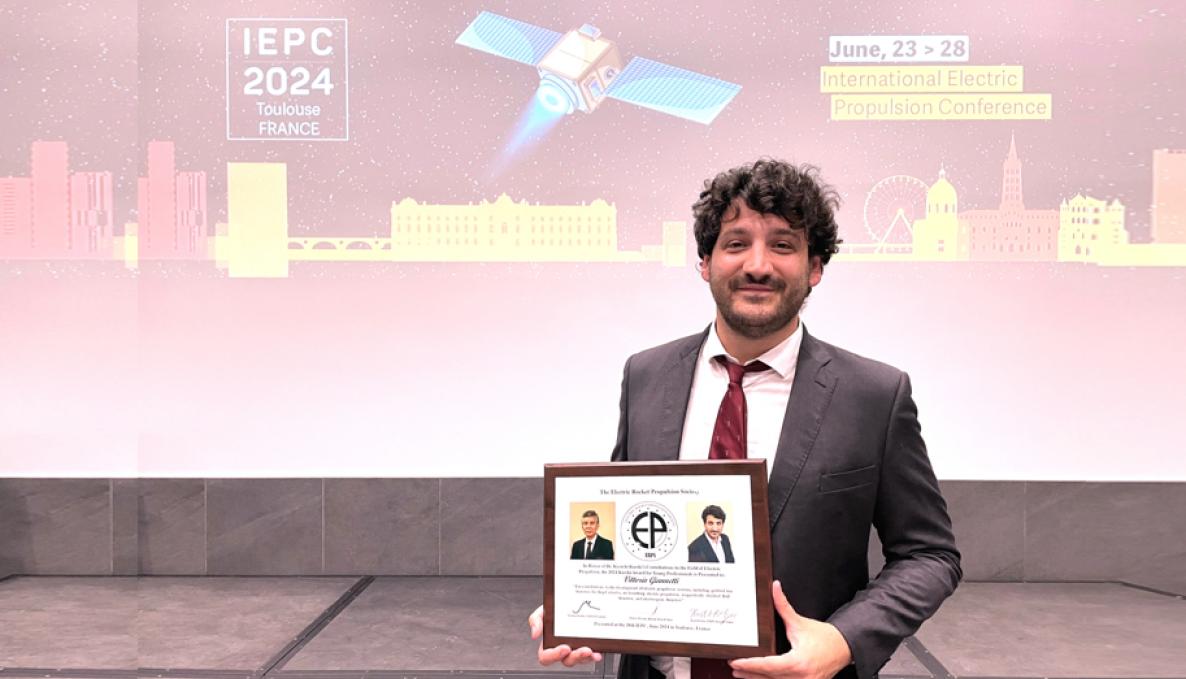Resilience to the (new) double crisis: Giovanni Dosi, professor emeritus, and Roberto Monducci, affiliated with the Institute of Economics, "guest editors" of the new issue of the journal Economia Italiana
Persistence and changes in Italian firms' assets and strategies after the acute phase of the pandemic, in an environment disrupted by further global shocks

Italy's economic performance after the acute phase of the pandemic, in a context disrupted by further global shocks, has been characterized by a faster economic recovery than in the main European countries, supported by expansionary fiscal policies and a relevant export performance. In the first 2024 issue of the journal Economia Italiana, "guest editors" Giovanni Dosi, professor emeritus of Economics at the Sant'Anna School, and Roberto Monducci, Osservatorio Imprese Estere by Confindustria and affiliated with the Institute of Economics of the Sant'Anna School, together with a large group of researchers, set out to provide an initial response to the identification of the microeconomic and sectoral factors underlying these dynamics.
The research objective is to assess the degree of resilience of the economy to the repeated shocks of the years between 2020 and 2022 and to deepen the reasons (macro and microeconomic) for the positive, and in many ways unexpected, economic performance of our country in the European context. The essays published in this issue make particular use of the very recent and valuable ISTAT information base made available with the Censimento permanente delle Imprese. The issue consists of four separate contributions by four teams composed of researchers from Sant'Anna School, ISTAT, ICE, and Osservatorio Imprese Estere, which are integrated with each other.
"The picture that emerges," Giovanni Dosi and Roberto Monducci point out in presenting this issue of the journal, "is chiaroscuro. Certainly the aggregate shocks have not induced those generalized 'cleansing' effects that several economists had predicted. And of course they have not induced those changes in industrial structure that our country would require. At the same time, a fraction of firms, varying across sectors, have shown remarkable vitality, attempting upgrades in their strategies, concerning, for example, organizational innovation, adoption of new technologies, penetration of foreign markets and participation in international production networks. Such vitality, however, does not seem to be able to eliminate those structural 'neo-dualistic' characteristics, which underlie - Giovanni Dosi and Roberto Monducci conclude - the persistence of low and stagnant productivity and low wages, in an important fraction of industry and services in Italy."
- The issue edited by Giovanni Dosi and Roberto Monducci is available HERE.
Cover photo: Giovanni Dosi, professor emeritus of the Sant'Anna School.



